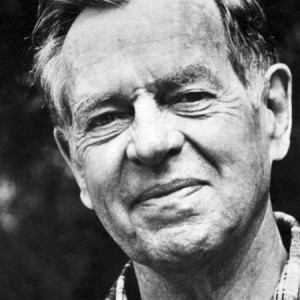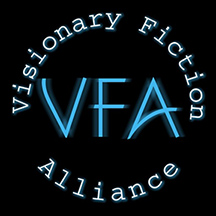I’ve recently met other visionary authors, and we’ve come together to create the Visionary Fiction Alliance as a means to promote the genre. What I value most about this group is that even though we all have diverse opinions, we get along great. The reason for this is because there is no dogmatism in Visionary Fiction. By letting go of beliefs, we humble ourselves and recognize there are many roads that lead to the same truth…at least that’s how I see it.
What is my personal philosophy as a visionary author?
After my kundalini awakening I detached from religion, and accepted I cannot know anything beyond what I’m experiencing, as it’s happening. My characters tend to have difficulties because of their expectations of an outcome along with inflexible thinking. Only by exploring and expanding their inner-awareness can they hope to find their way out of the mess they got themselves into. I deal with this aspect mostly in subtext, but it can definitely be felt in the actions my characters take.
What do I believe in?
All the visions and insights I’ve gained since my awakening have opened my eyes to a myriad of possibilities. I make no assumptions or claims as to their meaning. Some people have visions and make pronouncements regarding them, but I see too many possibilities as to what mine can imply. That is why writing fiction is the better option for me. It gives me the freedom to explore all possibilities.
My personal world view is:
Something exists that is greater than us. It presents itself to those of us who seek it out, and we can connect to it if we so desire. When we are connected to this something, we are at our happiest. If we stray too far, we’re mired in materialism, needless rituals, empty vices and are disconnected from that which makes us whole. This disconnection makes us feel like there’s something missing in our lives when, in fact, what makes us whole is already present in each of us, waiting to be rediscovered.
The above is my personal truth. I don’t expect, nor would I want, others to accept my world view as I learned this on my own. Being a skeptic allowed me to find and connect to this realization that I’ve now internalized. When I refer to being a skeptic, I don’t mean the type that writes books denouncing God, UFOs and all things paranormal. That’s not being a skeptic; that’s another form of dogmatism. In one of my meditations, I received the following message:
“It’s not about being right or wrong. It’s all about the experience.”
Being a true skeptic is seeing a world filled with infinite possibilities, and while I personally use the term, Divine when I connect to the inner-light, I don’t attach a definition to what the light is. Narrowing it down to one absolute meaning is impossible, in my opinion. We can only analyze our visions through the lens of this reality, and our interpretations are based upon our understanding of this reality.
In my stories, my world view is clearly established, and I also write to expand my own consciousness and learn new truths. It’s the receptiveness to all possibilities that makes life more exciting and unpredictable to me. With this mindset, there’s no fear of damnation for questioning or choosing to opt-out of dogmatic practices. This includes politics, nationalism, religion and all other groups that adhere to one fixed opinion. Out here, in the beautiful chaos of independent thought, I’m responsible for my own fate, and I get along with people of all backgrounds because I don’t hold an opinion that I think is superior to anyone else’s. It’s the most liberating feeling—to think freely and openly. I liken it to having the mind of a child in that I’m not afraid to take chances. To me, this is what it means to live life to the fullest.
Love and light,
Eleni



 Within the current socio-political circus came the idea to write an article about the Hero’s Journey for the
Within the current socio-political circus came the idea to write an article about the Hero’s Journey for the 

